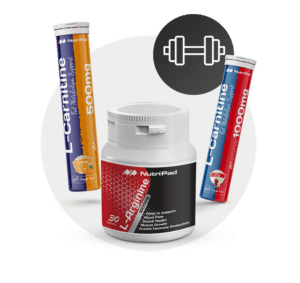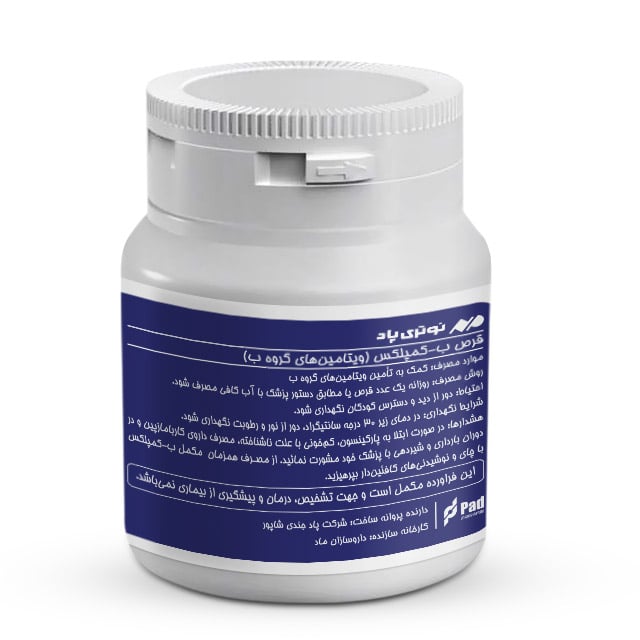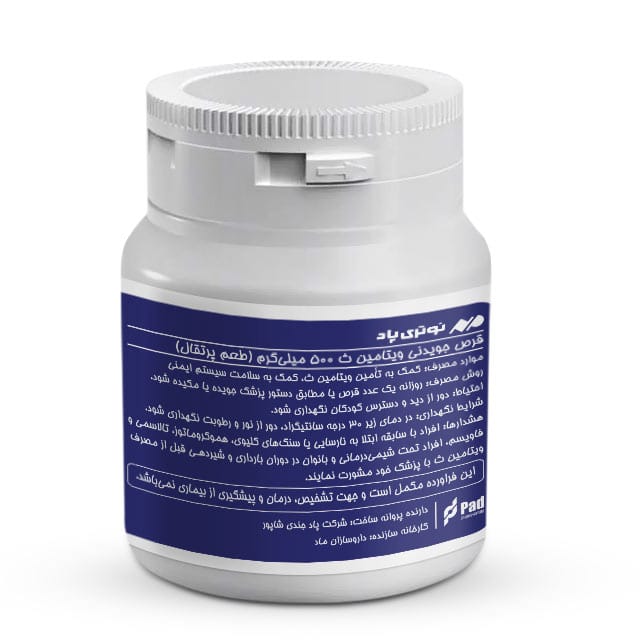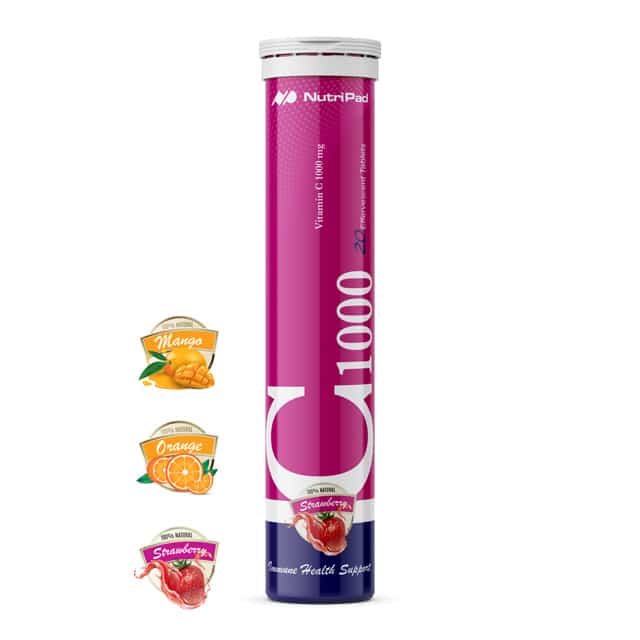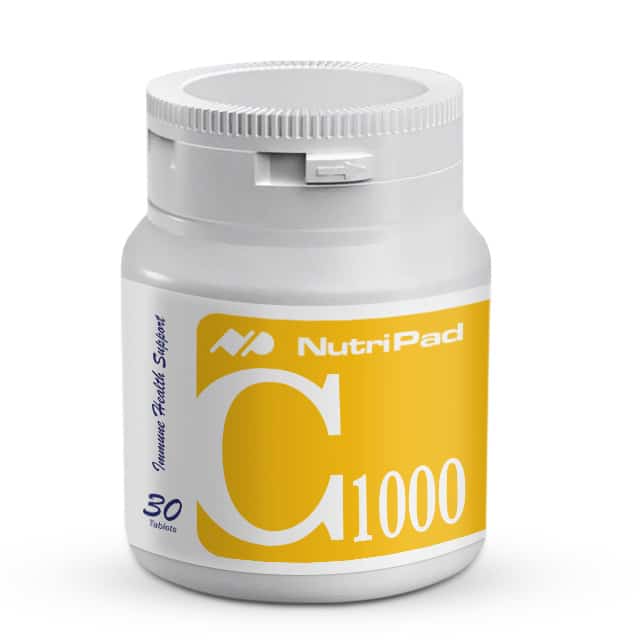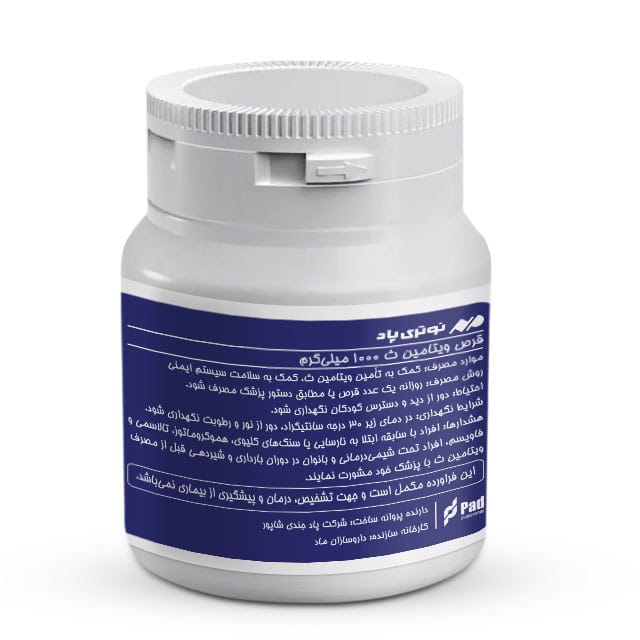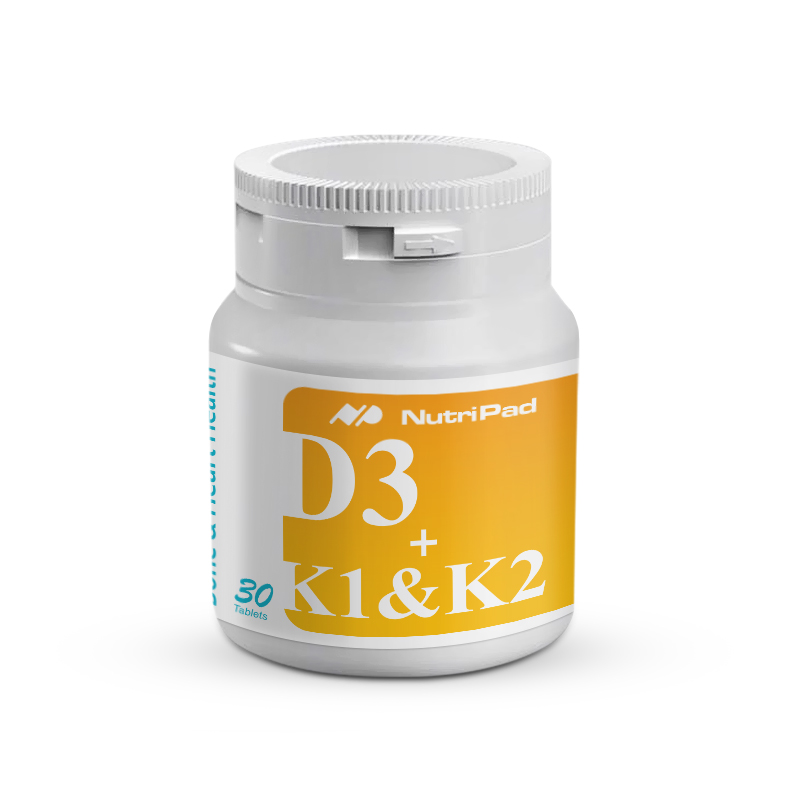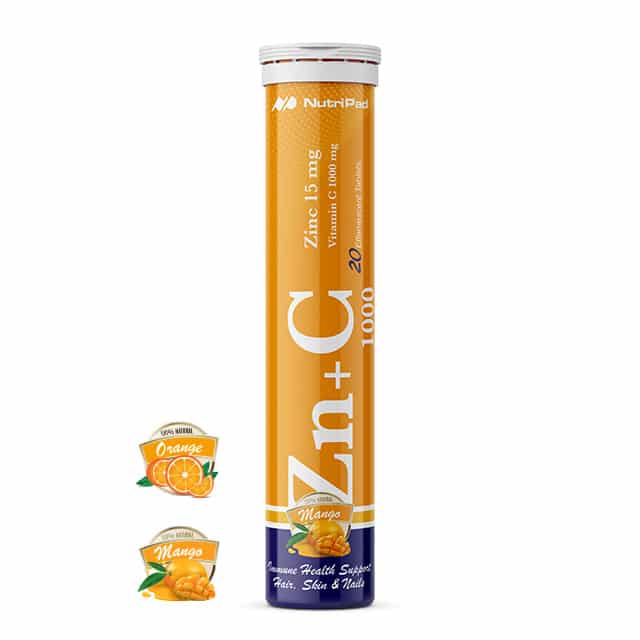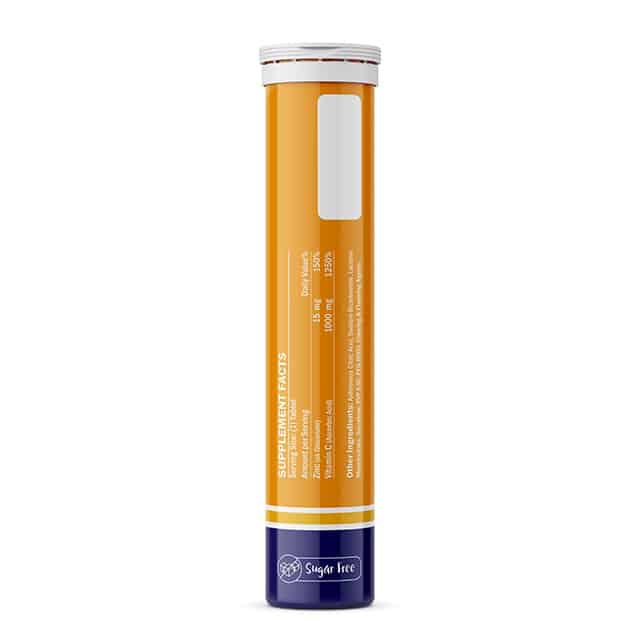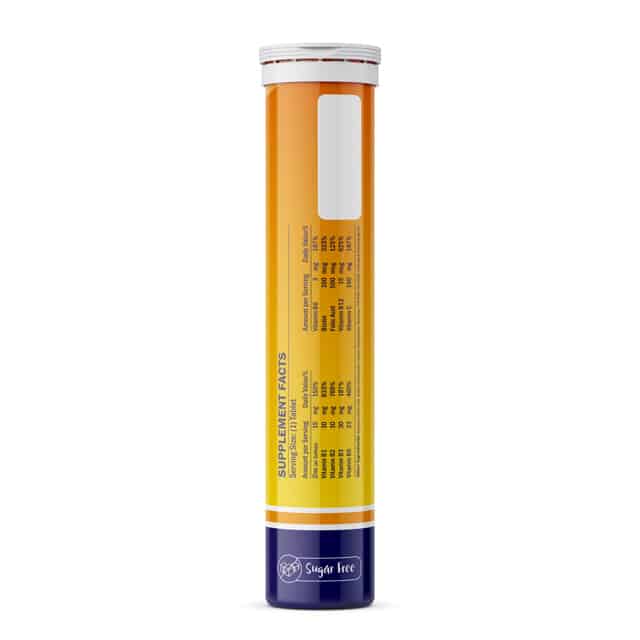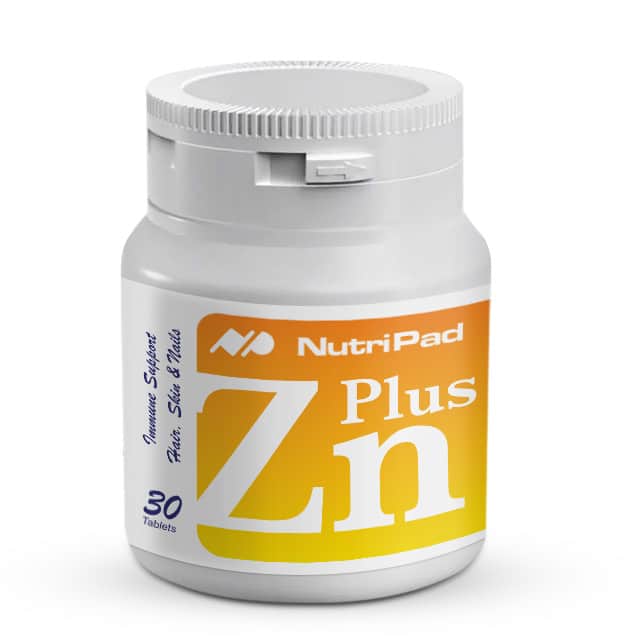Supplements Boosting the Immune System
What is the immune system and how does it work?
- The immune system of our body protects our body against foreign agents such as microbes, viruses, etc.
- Soldiers of this army are millions of immune cells and white blood cells scattered in the blood circulation and located in different tissues of our body.
– The key point regarding the performance of the immune system is that:
- The immune system is capable of distinguishing self-cells and structural proteins in the body from non-self-proteins and molecules.
– A set of very delicate and complex mechanisms identify non-self-cells or proteins and perform their destruction.
Does the body’s immune system play a role in the prevention of cancer?
- The immune system not only protects our body against bacteria, viruses and other pathogenic agents, but also is responsible for fighting cancer.
- Cancer is caused by the indiscriminate proliferation of cells from the body itself, which have changed and do not perform their physiological role in the body. These cells are only consumers of the body’s nutrients and resources.
- The body’s immune system has the ability to recognize the cancerous cells and destroy them by reacting them as foreign bodies. In fact, dozens of cancerous cells may be created in our body every day, but the immune system detects and destroys them. In other words, cancer is caused by the escape of these abnormal cancer cells from the immune system. Therefore, it should be noted that having an efficient immune system protects our body not only against microbial infections but also against cancer.
How does the immune system work?
- The immune system consists of a set of efficient cells with specialized functions. For example, some of these cells take in foreign microbes and particles and digest them by phagocytosis. Others secrete antibodies in response to foreign substances that stimulate the immune system (antigens). The attachment of antibodies to the antigens facilitates the identification, ingestion, and digestion of foreign microbes or particles.
What can we do in order to have an efficient immune system?
In order to have an efficient immune system, it is necessary to consider the following general points:
1- Reducing stress: A low level of stress may help people perform better, but severe stress has harmful effects on the body, including the immune system. Control the stress in your life.
2- Good state of mind: Studies have shown that a good state of mind, rich social relationships and optimism have positive effects on the functioning of the immune system. Do not deprive yourself of these blessings.
3- Adequate sleep and rest: Adequate sleep is important for the normal functioning of the immune system. Different people usually need about 7 to 9 hours of sleep a day.
4- Adequate activity and exercise: exercise has proven effects in strengthening the immune system. Exercise has other positive effects in maintaining cardiovascular health, preventing osteoporosis, etc.
5- Proper nutrition: Proper nutrition is of vital importance to maintain the normal functioning of the immune system. Accustom your children to good nutritional habits from an early age.
6- Sunlight: Exposure to sunlight is very important in maintaining general health and boosting the immune system.
7- Avoid harmful substances: Avoiding harmful substances such as cigarettes or large amounts of sugar or alcohol is very important in preventing the weakening of the immune system.
8- If necessary, use supplements to get all the nutrients the body needs: if it seems that you may not be able to get enough nutrients, vitamins and minerals with your eating habits consider using nutritional supplements. In using vitamins and minerals, seek to maintain a balance in the consumption of these compounds. Using very high doses (megadoses) of vitamins and minerals without adequate information and based on untrusted information sources is potentially harmful.
What is the effect of aging on the function of the immune system?
– The immune system ages like other organs in the body. For this reason, the elderly are more prone to infections and cancers.
Can diseases and medications weaken the function of the immune system?
- Yes, some diseases or the use of some medicines may weaken the immune system. Some people with congenital deficiencies related to the immune system suffer from a lack of immune cells. In addition, some diseases such as HIV (AIDS) target the immune system. When these diseases progress, they make the body susceptible to various infections that do not affect the normal population. These patients are also susceptible to certain cancers not usually seen in people with normal immune systems. In addition, some patients take drugs that may weaken the function of the immune system. Medicines used to prevent organ transplant rejection are part of this category of medicines.
What is the role of proper nutrition in having an efficient immune system?
- Immune system cells need good and regular nutrition to be efficient. Scientists have long recognized that people who live in poverty and are malnourished are more vulnerable to infectious diseases. Certain diets, such as processed foods or high consumption of simple sugars, may negatively affect immune system function and may make our bodies more susceptible to infections.
Which vitamins and minerals play a more significant role in having a healthy immune system?
There is some evidence that micronutrient deficiencies, such as zinc, selenium, iron, copper, folic acid, and vitamins A, B6, C, D, and E, alter immune responses, although studies are not complete. Therefore, if you are one of the people who are not sure about eating enough fruits and vegetables, taking supplements containing various vitamins and micronutrients may help your immune system to be more efficient. Note that in this context, more consumption is not necessarily better. It is necessary to use supplements intelligently and based on individual needs. Always consult your doctor or pharmacist and make efforts to ask for scientific information from reliable sources.
Why is zinc important in the function of the immune system?
– Zinc is necessary for the proliferation and differentiation of the body’s immune cells. Actually, all the cells of the body with a high rate of cell proliferation need zinc. This is the reason why the health of the skin and hair requires the presence of sufficient amounts of zinc in the body (the rate of reproduction in the cells of the skin and hair is high).
– Zinc is essential for the function of phagocytic cells.
– Zinc is necessary to carry out signaling and communication between immune cells and the formation of an immune response.
– Zinc is an antioxidant and reduces oxidative stress caused by infections.
Why is vitamin C important in the function of the immune system?
- Vitamin C plays a vital role in forming a proper immune response. Vitamin C is essential for phagocytosis and is also necessary for biochemical reactions that lead to the recruitment and accumulation of immune cells at the site of infection.
- On the other hand, vitamin C is a strong antioxidant and helps in ameliorating the oxidative stress that happens during infections.
- Several studies have shown that taking vitamin C, especially in combination with zinc, may shorten the duration of respiratory infections and pneumonia.
- Vitamin C can also help the absorption of iron, and having a proper level of iron in the body is necessary both for blood production and for the ability to fight infections.
Why is vitamin D important in the function of the immune system?
- All immune cells have receptors for vitamin D. Adequate levels of vitamin D are necessary to regulate the immune response against invading agents.
- Studies have shown that people with vitamin D deficiency are more likely to suffer from more severe forms of COVID-19 or die from COVID-19. Other studies indicated that vitamin D deficiency must be resolved before the onset of the disease to be effective and vitamin D administration at the onset of disease symptoms may not be successful in reducing disease symptoms and mortality. Therefore, we should care about providing sufficient amounts of vitamin D for our bodies.
- The daily requirement of vitamin D is 600 units per day for adults and 800 units per day for adults over 70 years old. It is safe to take vitamin D in amounts of 400 to 2000 units per day.
- Clinical guidelines recommend daily intake of vitamin D within the range of recommended doses. Due to the role of vitamin D in calcium metabolism and bone formation, sometimes vitamin D is used together with calcium in amounts of 600 to 800 units per day. Vitamin D present in these products also helps the normal functioning of the immune system.
- It is interesting that having a sufficient level of vitamin D may also play a role in preventing some autoimmune diseases. For example, MS, which is a disease in which autoimmune mechanisms play a role in its occurrence, is more common in places with higher latitudes (that is, places closer to the pole, such as Scandinavian countries). Some researchers attributed the reason to less exposure to the sun and less production of vitamin D in the bodies of people living in these areas.
- NutriPad Vitamin D3 +Vitamin K1 +Vitamin K2 oral tablet is a very valuable product that benefits from the combination of Vitamin K1 and K2 with Vitamin D3 to increase its effectiveness and reduce possible side effects.
- Calcium + vitamin D tablets as well as NutriPad calcium + magnesium + zinc + vitamin D tablets, which are available as oral and effervescent tablets, also contain the right amount of vitamin D to meet the need for this important vitamin.
Why vitamin A and vitamin E are important for the function of the immune system?
- Vitamin A is essential in maintaining the integrity and efficiency of the body’s protective surfaces (skin and mucous membranes), which are the first defense barrier against invading agents. Vitamin A plays a role in the formation and proper functioning of cellular immunity and the secretion of antibodies.
- It is not recommended to take excess amounts of vitamin A due to side effects, but a sufficient level of vitamin A is vital for the body.
- Vitamin E is another fat-soluble vitamin that, in addition to having antioxidant properties, plays a regulatory role in the functioning of the immune system.
- Other vitamins and minerals such as vitamin B6 and folic acid as well as calcium, copper and selenium have important roles in connection with the normal functioning of the immune system. Remember that vitamins and minerals have a mutual effect on each other’s role and it is important to pay attention to all of them at the same time.
- NutriPad Zinc plus group B vitamins and vitamin C tablets contain the daily requirement of zinc and vitamin C and group B vitamins.
- NutriPad Zinc plus vitamin C tablets contain zinc and vitamin C (two important compounds in the functioning of the immune system). Since this product does not contain group B vitamins, it is suitable for people who are worried about increased appetite and, as a result, weight gain due to the consumption of group B vitamins. Instead, the dose of vitamin C in this product is several times the minimum daily requirement, which helps to increase the antioxidant effects of this product and the beneficial effects related to the immune system.
- NutriPad vitamin E tablets contain 400 units of this antioxidant compound and an important booster of the immune system. Vitamin E is used for fatty liver and breast cysts, as well as to prevent progression of the Alzheimer’s and Parkinson’s diseases (two important diseases of the nervous system).
- NutriPad daily multivitamin tablets and NutriPad mineral multivitamin tablets contain vitamin A among other important vitamins and minerals.
- NutriPad Calcium-D tablets and calcium plus magnesium, zinc and vitamin D tablets, as well as NutriPad vitamin D plus vitamin K1 and K2 tablets, are other valuable products that contain adequate amounts of vitamin D.
- NutriPad daily multivitamin tablets and NutriPad multivitamin plus mineral tablets contain 18 mg of iron (equivalent to the minimum daily requirement of iron).
- NutriPad vitamin C tablets are produced and supplied in swallowable, chewable and effervescent forms in different and attractive flavors and in doses of 500 and 1000 mg. These products are considered to be the most useful and widely used supplements to promote general health and strengthen the immune system.
- In NutriPad Vitamin C Plus Rosehip tablets, the presence of Rosehip extract along with Vitamin C contributes to antioxidant effects and strengthening the immune system. This product is also more useful for those suffering from inflammatory and rheumatic diseases than simple vitamin C.








